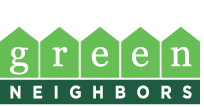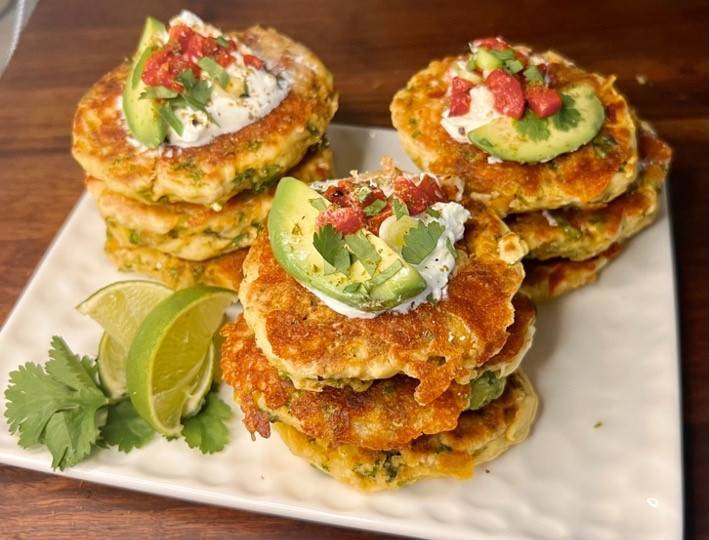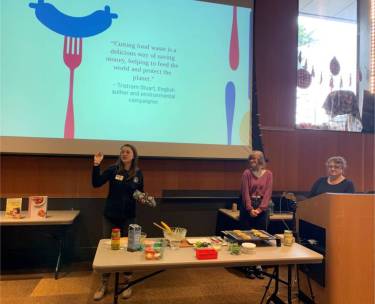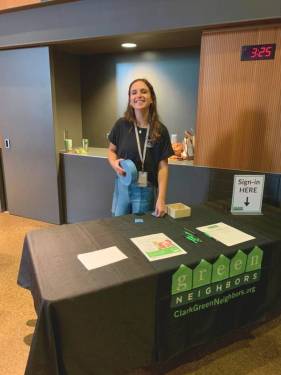Green Blog
Reducing food waste: scrappy cooking
To celebrate the 11th anniversary of Clark County Green Neighbors, we recently hosted an event focused on reducing food waste and promoting sustainable cooking practices. The Scrappy Cooking event, with special guest presenter Stacey Tigner-Loy with WSU Clark County Extension SNAP-Ed , was an interactive demonstration that inspired attendees to embrace their culinary creativity and make a positive impact on the environment through mindful purchasing, storing and cooking. Staceys innovative approach to cooking with leftovers and transforming ingredients into delicious meals has inspired many to embrace their culinary creativity and reduce food waste in their kitchens.
During the event, various topics were discussed, including the importance of meal planning, effective food storage, and creative ways to use leftovers. Stacey shared practical tips and recipe ideas from her Cooking with Leftovers Booklet, which encourages readers to make the most of every ingredient and reduce food waste in their kitchens.
The event also highlighted several sustainable cookbooks available at the Vancouver Community Library. Below are some of our favorites:
Scraps, wilt + weeds: turning wasted food into plenty by Mads Refslund
The waste not, want not cookbook: save food, save money, and save the planet by Cinda Chavich
These books provide valuable insights into zero-waste eating and saving food, money, and the planet. To see the full list of reinventive leftover cookbooks available at Fort Vancouver Regional Library, click here.
Scrappy Cooking event participants were encouraged to act on what they'd learned by making pledges to reduce food waste. The pledges included commitments to meal plan, effectively use leftovers, and compost their food scraps. A total of 42 pledges were collected from 19 attendees, demonstrating the strong commitment of our community to minimize food waste and reinvent leftovers.
The pledges to compost food scraps alone have the potential to divert approximately 3,900 pounds of food waste from the landfill. This not only reduces organic waste occupying valuable space at the landfill but also helps to reduce greenhouse gas emissions. Each pound of food waste is equivalent to 3.8 pounds of greenhouse gases, resulting in a reduction of approximately 14,820 pounds of greenhouse gas emissions from the commitments made by attendees.
We would like to express our gratitude to Stacey Tigner-Loy for her expertise and passion in promoting sustainable cooking practices.
We would also like to thank all the attendees for their active participation and commitment to reducing food waste. Your actions can make a big difference in creating a more sustainable future.
To learn more about reducing food waste and promoting sustainable cooking practices, visit Food: Too good to waste. Stay tuned for more exciting events and resources to help you on your journey to a more sustainable and flavorful way of cooking!





